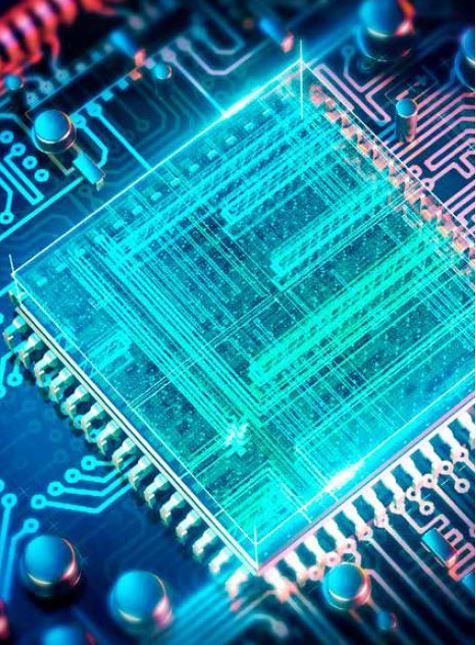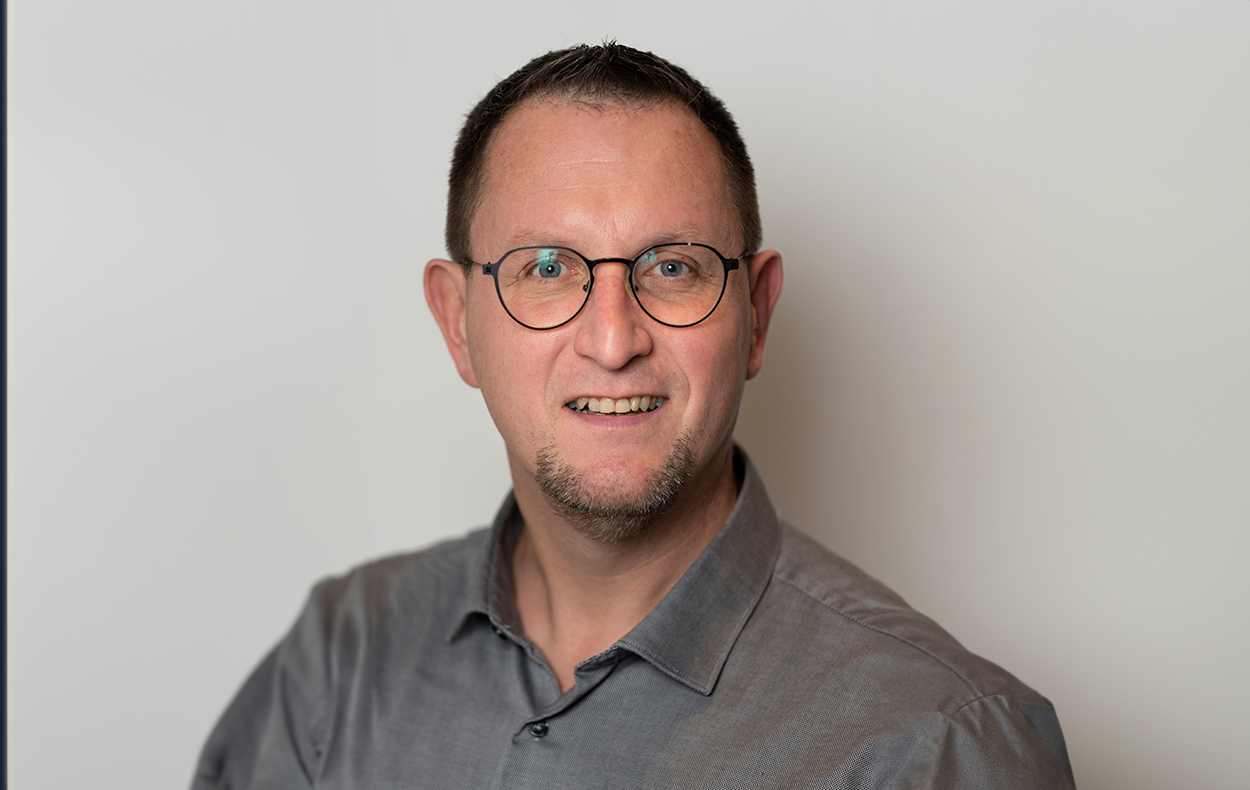One project, two countries, three PhD candidates
No fewer than three academics from the Scientific Programme Indonesia-Netherlands (SPIN) will be obtaining their doctoral degree at Maastricht University (UM) in the coming week, on the basis of research in Indonesia into the social and economic effects of worldwide quality marks for sustainable agriculture. SPIN is a joint initiative of UM and the University of Lampung in Sumatra, Indonesia.
The Indonesian PhD candidates carried out research at UM's International Centre for Integrated Assessment and Sustainable Development (ICIS) into the influence of worldwide quality marks for sustainability on the lives of farmers in their country. Ibnu Muhammad's research concerned the influence of sustainability standards on the lives of small-scale coffee farmers in Indonesia. Atika Wijaya's research looked at the role of the Indonesian government in relation to sustainability certification, which is often imposed by the international community. Nia Kurniawati Hidayat's research considered the social and societal consequences of private certification for the production of palm oil. Is it actually realistic to expect that certification will lead to more sustainable production and more sustainable living conditions for small-scale farmers? One by one, the PhD research projects unveil the shortcomings of the current regulations. The researchers therefore argue for a new approach to international certification, in which both the Indonesian population and the Indonesian government play a more important role.
The PhD defences of Ibnu Muhammad, Atika Wijaya and Nia Kurniawati Hidayat will take place, respectively, on 27 September at 10.00 am, 27 September at 2.00 pm and 28 September at 2.00 pm, in the Administrative Building at Minderbroedersberg 4-6 in Maastricht.



Ibnu Muhammad
“Gatekeepers of sustainability; on coffee smallholders, standards and certifications in Indonesia”
Atika Wijaya
“Contested Sustainability Standards in Indonesian Agriculture: on the process of claiming government authority”
Nia Kurniawati Hidayat
“At the Bottom of the value chain; sustainability certification and the livelihoods of palm oil smallholders in Indonesia”
More information on SPIN can be found at: http://munpop.nl/projects/ongoing-projects/global-certifying-partnerships-jrp-indonesia-netherlands. On this website, you can also find descriptions of the PhD research projects discussed above.
Also read
-
Programming quantum computers, like the quantum computer itself, is still in its early stages. Quantum computing researchers tend to be physicists, mathematicians, or computer scientists who have a special interest in the mathematical framework of quantum mechanics.
-
Atoms and smaller elementary particles behave in unusual, sometimes unpredictable ways. It sounds strange, but it is this unpredictability that gives a quantum computer its power. Executing precise calculations with previously unheard-of possibilities in a way that physicists still do not completely...
-
Gerco Onderwater investigates the flavour of the universe while guarding the flavour of the Maastricht Science Programme. On 31 May, during his inaugural lecture, he provided a pre-taste of his work in Maastricht.

